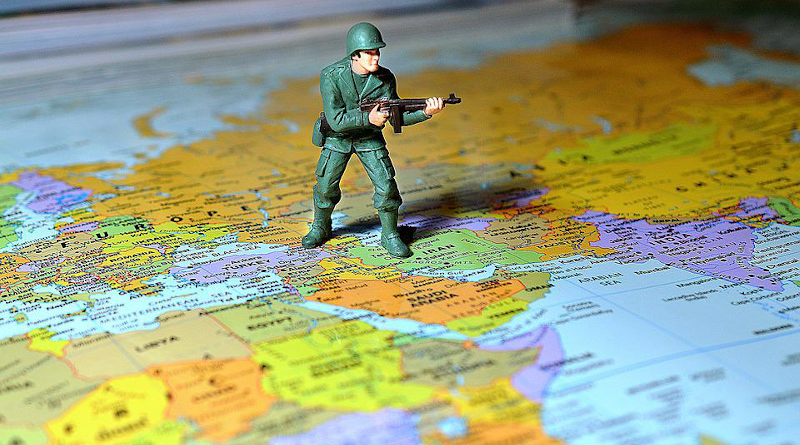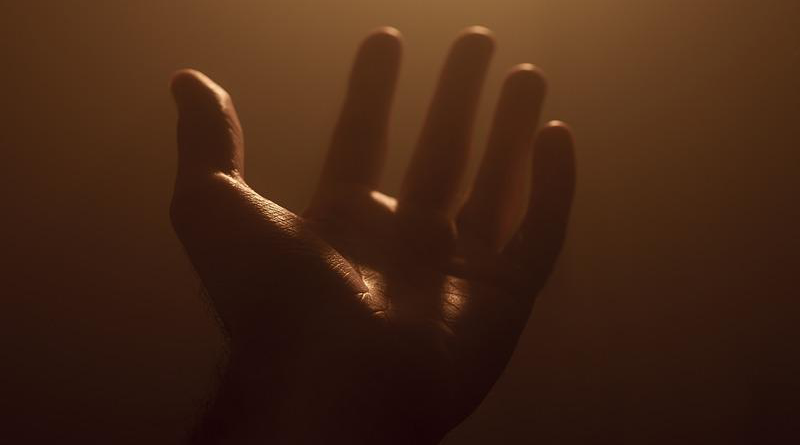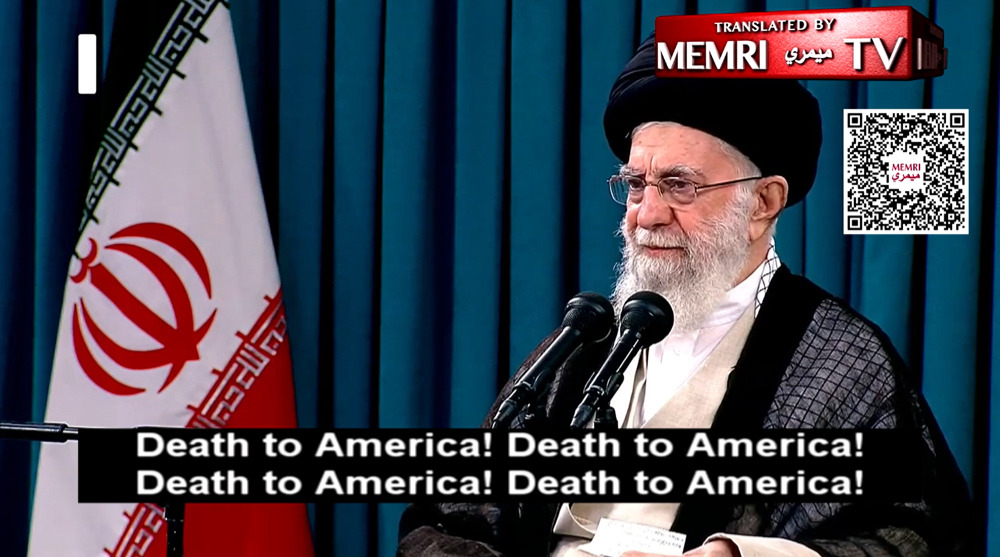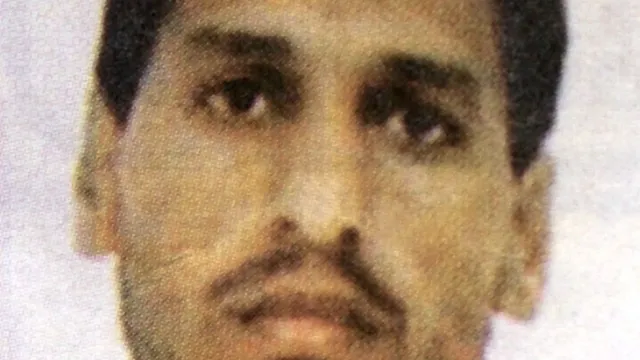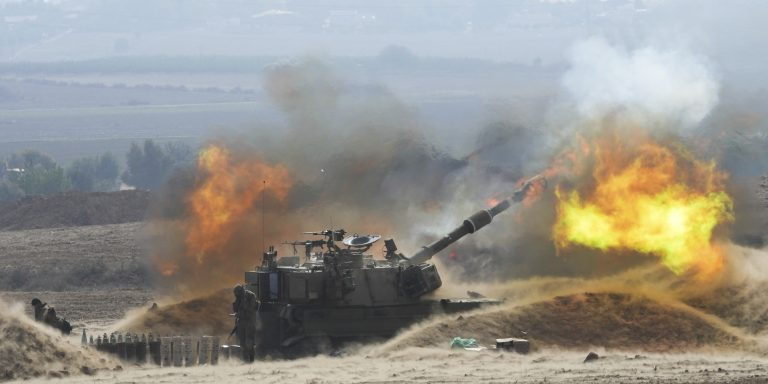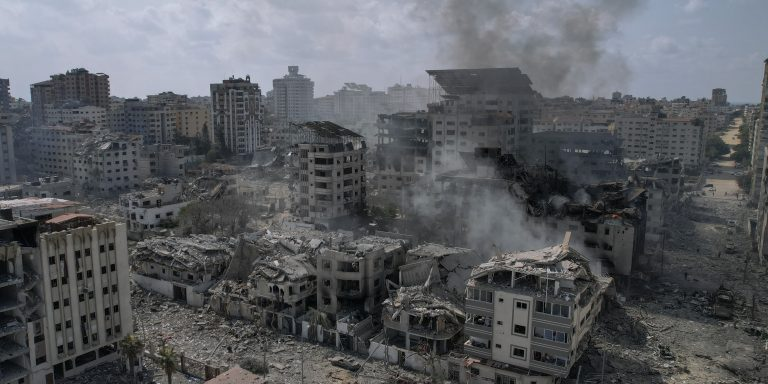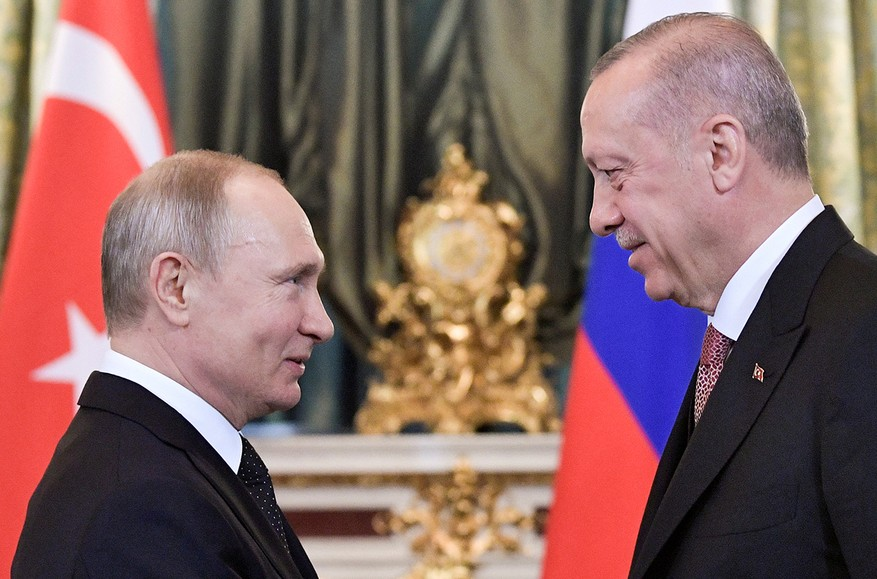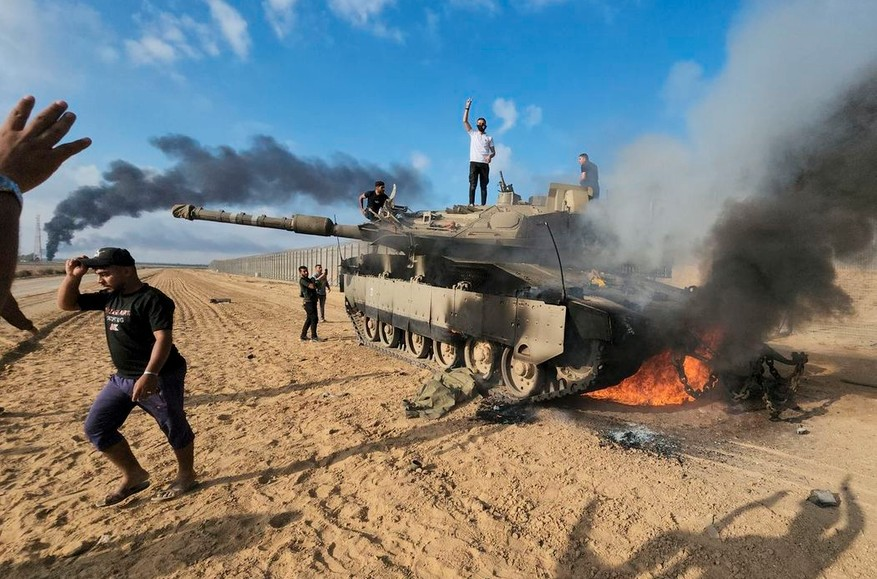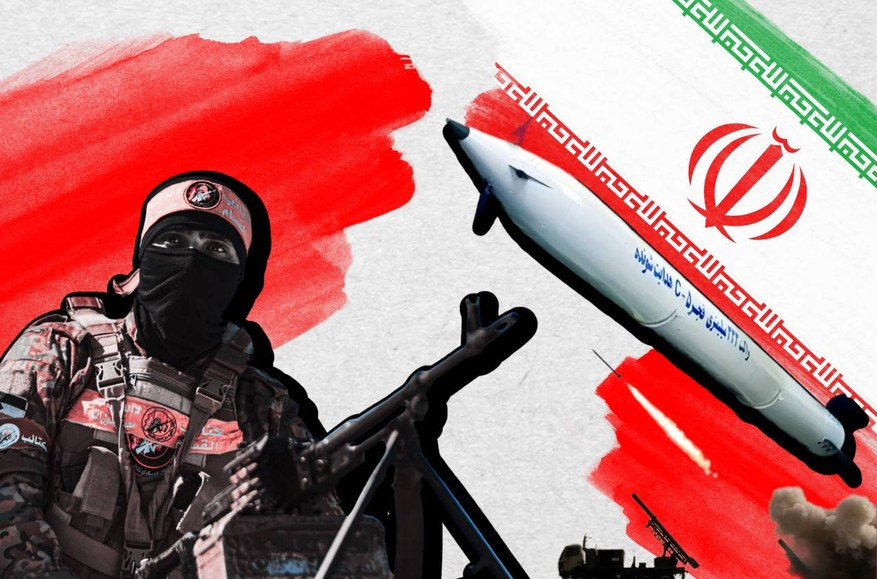The Rollercoaster Saga Of Israel-Hamas Relations – OpEd
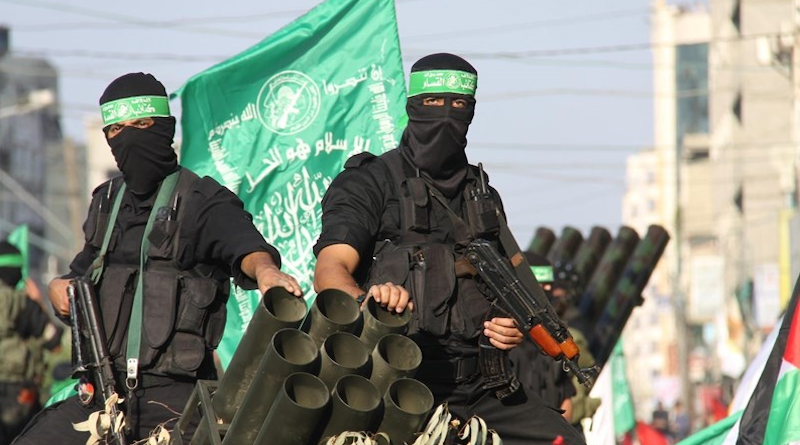
Initial reports of the gruesome massacre carried out by Hamas in Israel on October 7 came with an unpleasant sense of déjà vu. After the last conflagration in Gaza in May 2021, I had written an article with the unfortunate title, ‘Until the next time…’ It was a safe prediction because the scars of the battles of 2008 and 2014 were still raw and the seeds of this escalation were being sown, even as a tenuous ceasefire had started to take hold.

